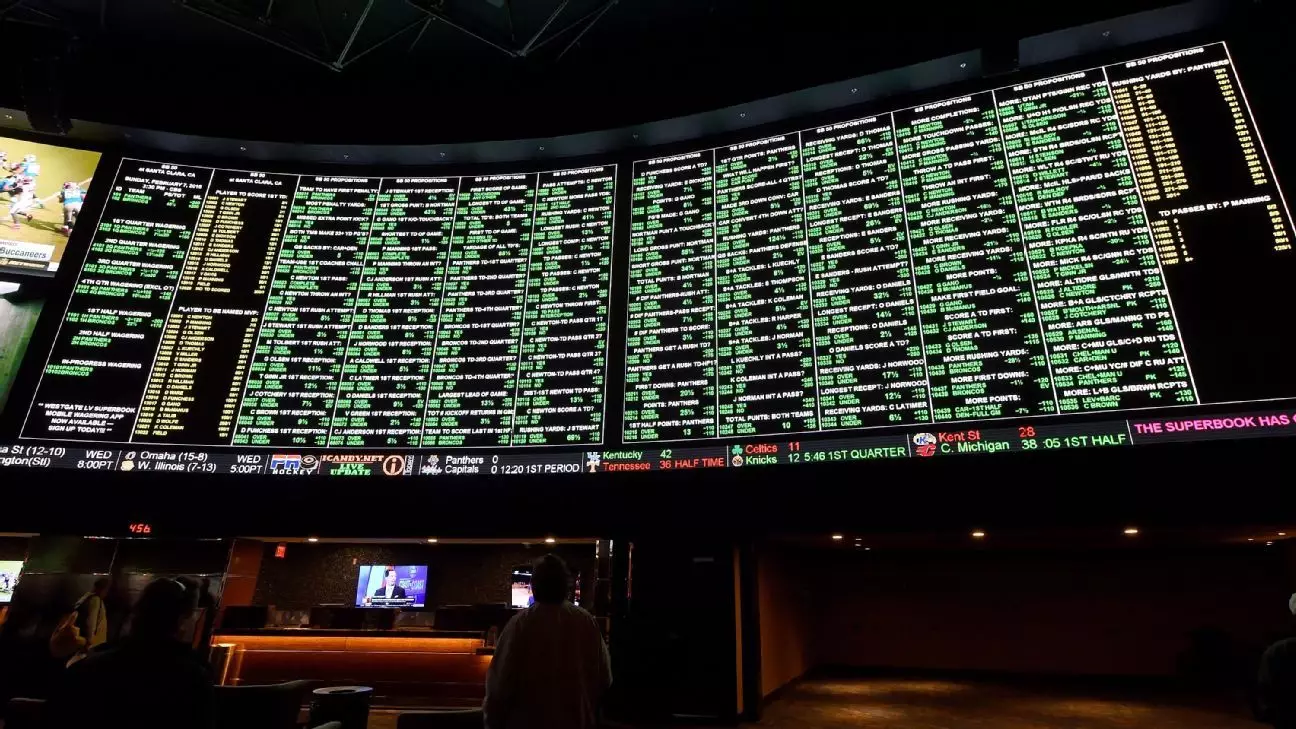Recently, FanDuel, one of the country’s leading sportsbooks, found itself in hot water after a major blunder in its operations. On April Fool’s Day, the sportsbook accepted 34 bets on mixed martial arts fights that had already taken place a week earlier. The fights, which were promoted as live events scheduled for April 1, 2022, had actually occurred on March 25. This mistake led to a fine of $2,000 imposed by New Jersey gambling regulators, with FanDuel having to pay out over $230,000 to settle the bets.
Upon closer inspection, it was discovered that FanDuel’s trading team created the betting markets based on information obtained directly from the Professional Fighters League. The team failed to confirm with the League that the event had already occurred and was being presented on a tape delay. This lack of verification led to the acceptance of wagers on events that had already taken place, causing confusion and financial implications for both the sportsbook and the bettors.
Following the incident, FanDuel was required to update its internal controls to prevent such occurrences in the future. This highlights the importance of thorough verification processes and communication between data providers and sportsbooks to ensure the accuracy of betting markets. It serves as a cautionary tale for other sports betting operators to double-check the timeliness of events before accepting wagers to avoid similar repercussions.
Unfortunately, this was not the first time a sportsbook in New Jersey had mistakenly allowed bets on events that had already taken place. In a previous incident in 2021, 86 gamblers placed bets on a British soccer game that had concluded the day before. The oversight led to fines for the companies involved and raised concerns about the integrity of sports betting data provided to customers.
In response to these errors, New Jersey regulators have taken action by imposing fines on sports betting operators for inaccurate reporting and data discrepancies. This serves as a reminder of the regulatory oversight in place to protect consumers and maintain the integrity of sports betting markets. It emphasizes the importance of accountability and transparency in the industry to prevent future mishaps and uphold trust with customers.
The incident involving FanDuel and other sports betting operators in New Jersey highlights the risks associated with online sports betting and the need for stringent controls to prevent errors. By learning from past mistakes and implementing measures to enhance verification processes, sportsbooks can safeguard against such mishaps in the future. Ultimately, maintaining trust and credibility with bettors is crucial for the long-term sustainability of the sports betting industry.


Leave a Reply